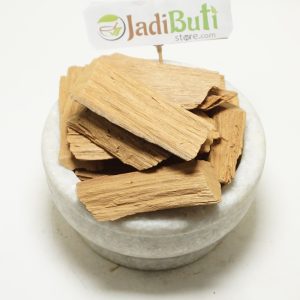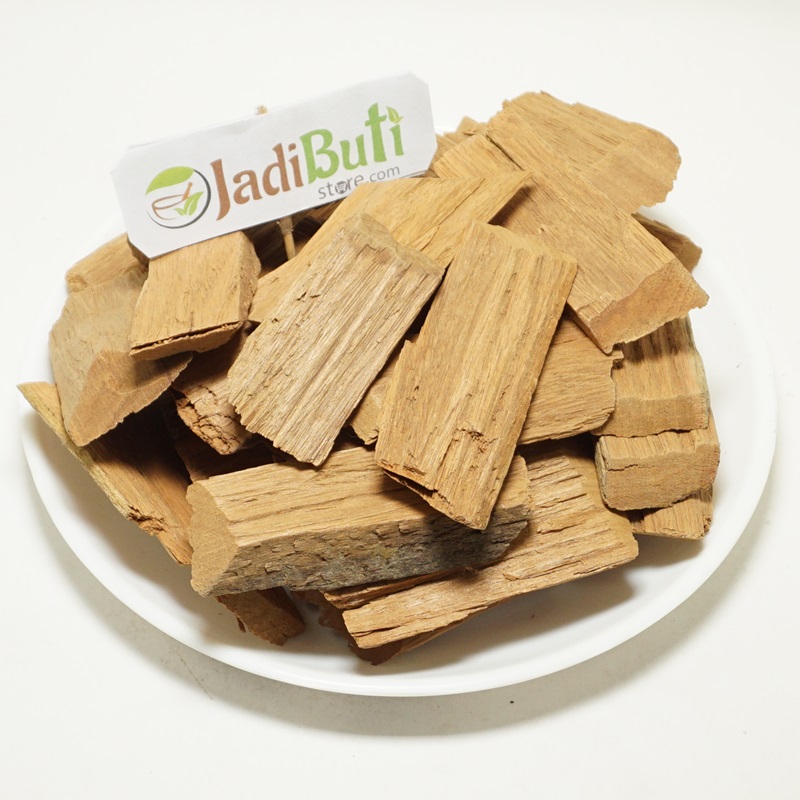Herbs
Showing 193–198 of 198 results
-
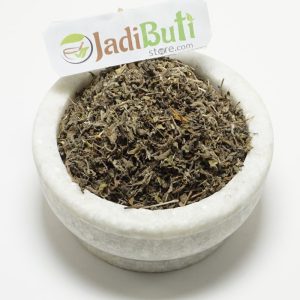
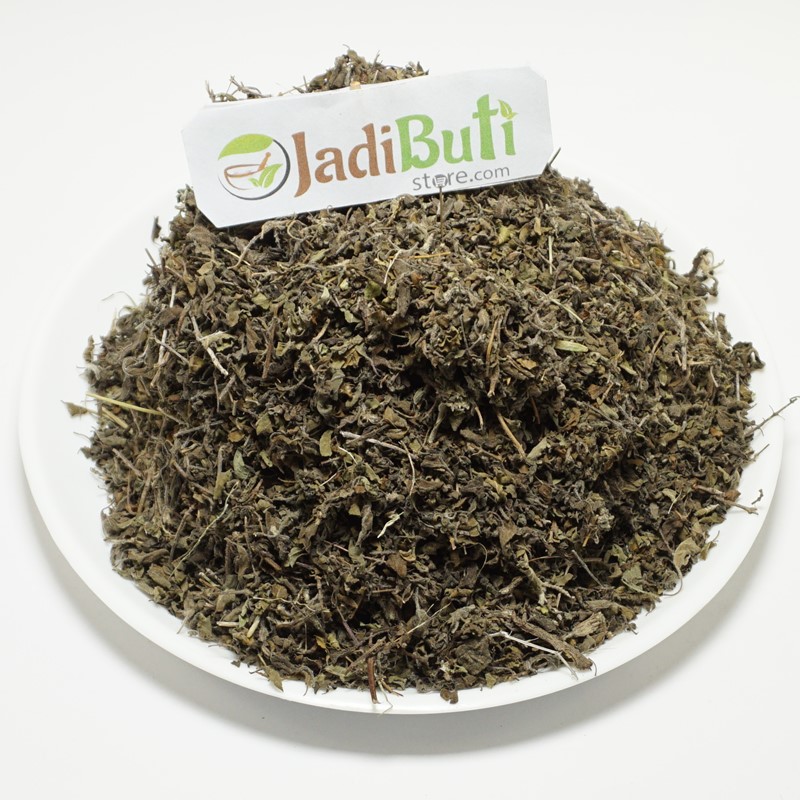
Tulsi patta – तुलसी पत्ता – holy basil – Ocimum sanctum
₹80.00 – ₹850.00Quick ViewHoly Basil (Tulsi in Ayurveda), Scientific Name: Ocimum sanctum, Family: Lamiaceae
Parts Used: Leaves, stem, flowers, seeds (These are Tulsi Leaves)
Ayurvedic Properties:
- Rasa (taste): Pungent, bitter
- Guna (quality): Light, dry
- Virya (potency): Heating
- Vipaka (post-digestive effect): Pungent
- Doshas: Pacifies Kapha and Vata doshas, but may aggravate Pitta dosha in excess
Ayurvedic Uses:
- Supports respiratory health
- Promotes healthy digestion
- Helps manage stress and anxiety
- Boosts immunity
- Helps to regulate blood sugar levels
- Supports liver function
- Promotes healthy skin
- Helps to manage fever
- Acts as a natural insect repellent
-


Tulsi Seed – तुलसी बीज – basil seed – Ocimum sanctum
₹130.00 – ₹995.00Quick View- Derived from the sacred tulsi plant
- Cooling effect on the body
- Improves digestive health
- Improves respiratory health
- Boosts immunity
- Reduces stress and anxiety
- Promotes skin health
- Has anti-inflammatory properties
- Beneficial for cardiovascular health
- Has anti-cancer properties
- Promotes oral health
- Helps to balance hormones
- Improves brain health
Tulsi Beej is a versatile and beneficial herb that can be consumed in various ways such as tea, infusion, or supplement form. It is commonly used in Ayurvedic medicine to treat a wide range of health conditions. However, it is important to consult a qualified healthcare practitioner before using Tulsi Beej or any other herbal remedy for medicinal purposes.
-
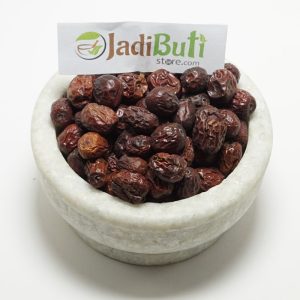
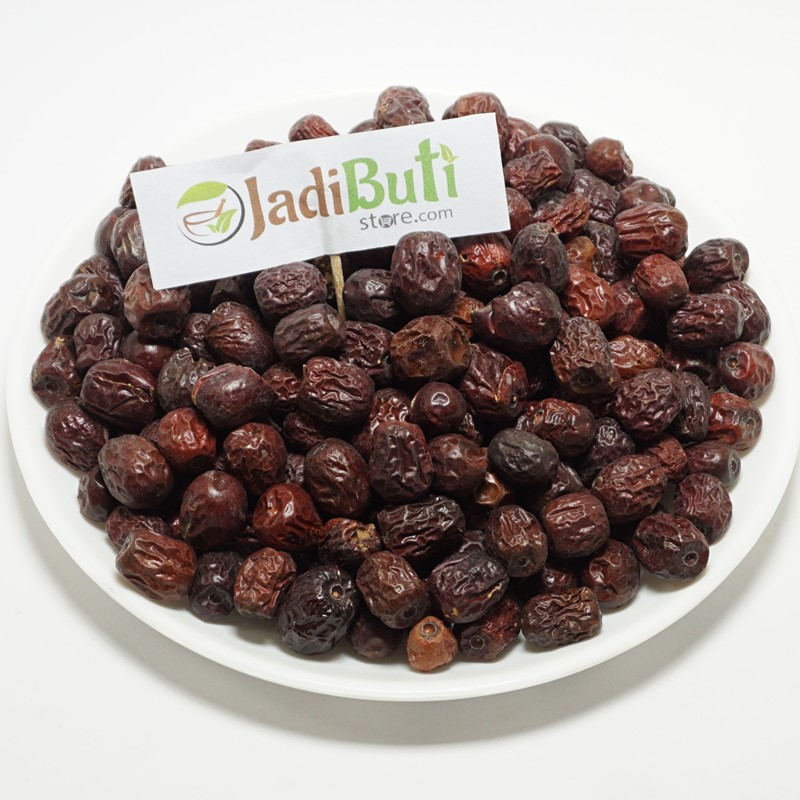
Unnab ber – उन्नाब बेर – Jujube Fruit – Ziziphus jujuba
₹120.00 – ₹955.00Quick ViewJujube (Unnab in Ayurveda), Scientific Name: Ziziphus jujuba. Family: Rhamnaceae
Native Region: Jujube is native to China, but is now widely cultivated throughout the world, including in India, the Middle East, and North America.
Parts Used: Fruit, seeds, leaves, bark (This is Fruit)
Ayurvedic Properties:
- Rasa (taste): Sweet, sour
- Guna (quality): Light, dry
- Virya (potency): Cooling
- Vipaka (post-digestive effect): Sweet
- Doshas: Pacifies Vata and Pitta doshas
Ayurvedic Uses:
- Improves digestion
- Boosts immunity
- Helps manage stress and anxiety
- Supports heart health
- Promotes skin health
- Helps regulate blood sugar levels
- Improves bone health
- Provides relief from respiratory problems
- Promotes healthy hair
- Supports liver health
- Provides relief from menstrual cramps
- Helps to reduce inflammation
-
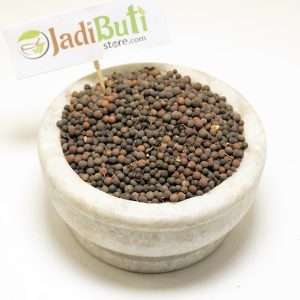
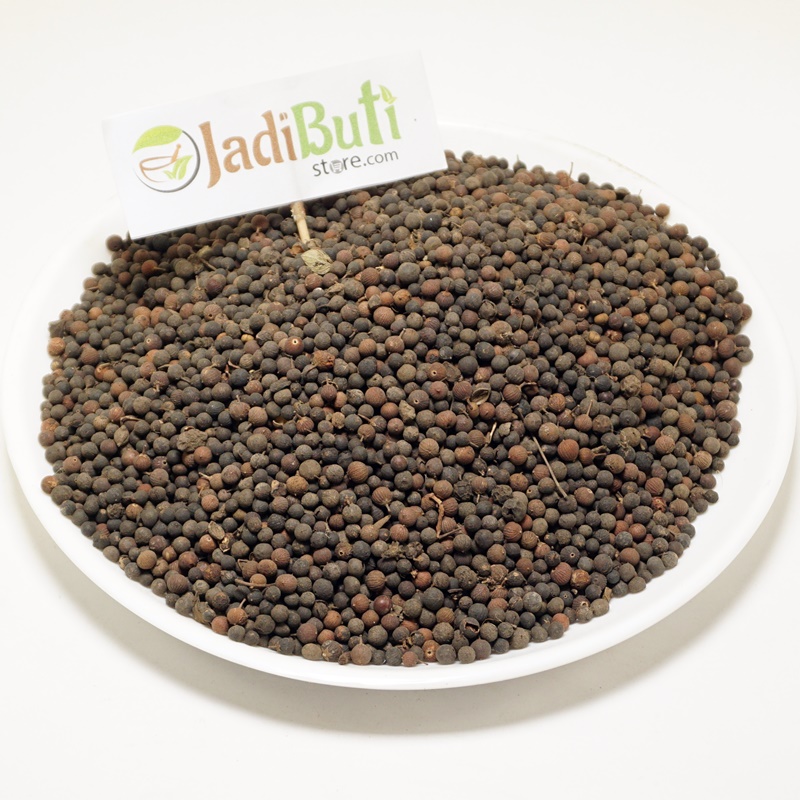
Vaividang – वैविदंग – False Black Pepper – Embelia ribes
₹260.00 – ₹2,150.00Quick ViewEmbelia ribes, Scientific name: Embelia ribes, Common names: False black pepper, vidanga,
Description: Woody climber that can grow up to 10 meters in length. Produces small, greenish-white flowers and dark, spherical berries.
Traditional uses: Used in Ayurvedic medicine to treat digestive problems, respiratory ailments, and skin disorders.
Active compounds: Contains a number of bioactive compounds, including embelin.
Culinary uses: Dried berries (Organic)
Ayurvedic properties:
- Taste (Rasa): Embelia ribes is primarily bitter (Tikta) and pungent (Katu) in taste.
- Energy (Virya): It is believed to have a heating energy (Ushna Virya) which helps to improve digestion and stimulate the body’s metabolism.
- Post-digestive effect (Vipaka): The post-digestive effect of Embelia ribes is pungent (Katu Vipaka).
- Doshas: It is believed to balance Kapha and Vata doshas, but may aggravate Pitta dosha in excess.
- Actions (Karma): Embelia ribes is believed to have a wide range of actions, including digestive stimulant, carminative, expectorant, anthelmintic, anti-inflammatory, and antioxidant.
-

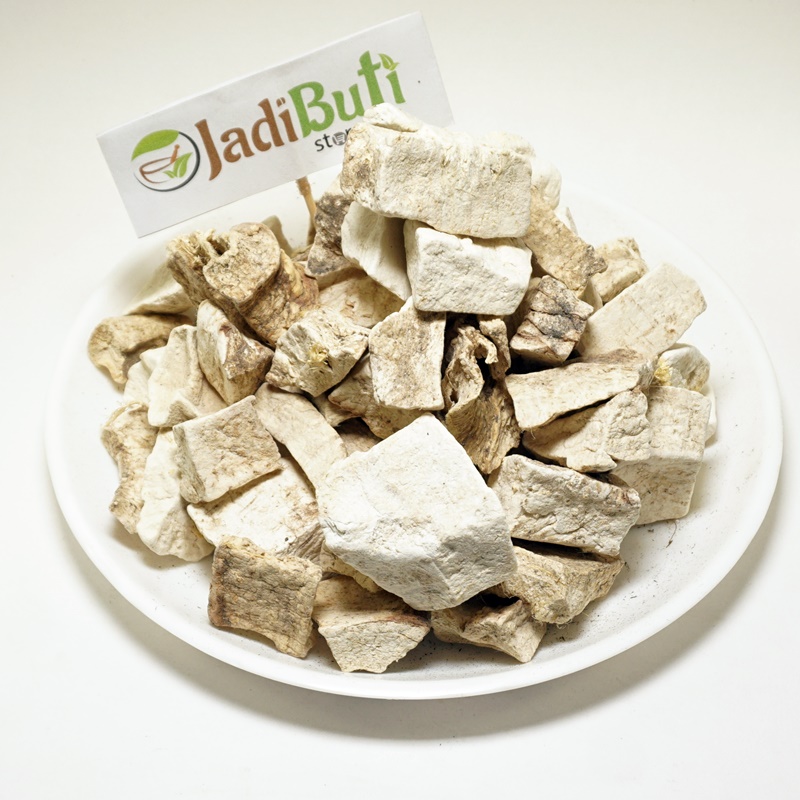
Vidari Kand – विदारी कंद – Indian Kudzu – Pueraria tuberosa
₹110.00 – ₹870.00Quick ViewVidari Kand (Pueraria tuberosa)
Other Names: Indian kudzu, Vidarikand, Vidhari Kanda
Description: Vidari Kand is a perennial climbing plant with tuberous roots, native to India. It belongs to the legume family and has been used in traditional Ayurvedic medicine for its medicinal properties.
Health Benefits: Vidari Kand is believed to have a variety of health benefits due to its rich content of bioactive compounds such as flavonoids, saponins, and isoflavones. It is used as an adaptogen, a natural aphrodisiac, and is believed to improve function and fertility in both men and women. It is also used to treat a range of health conditions such as diabetes, respiratory disorders, skin diseases, and more.
Forms: Vidari Kand is available in various forms such as Natural & powder.
Precautions: Vidari Kand is generally safe when used appropriately. However, it may interact with certain medications and should be used with caution in pregnant and breastfeeding women. As always, it is important to consult a qualified healthcare professional before using Vidari Kand for medicinal purposes.

